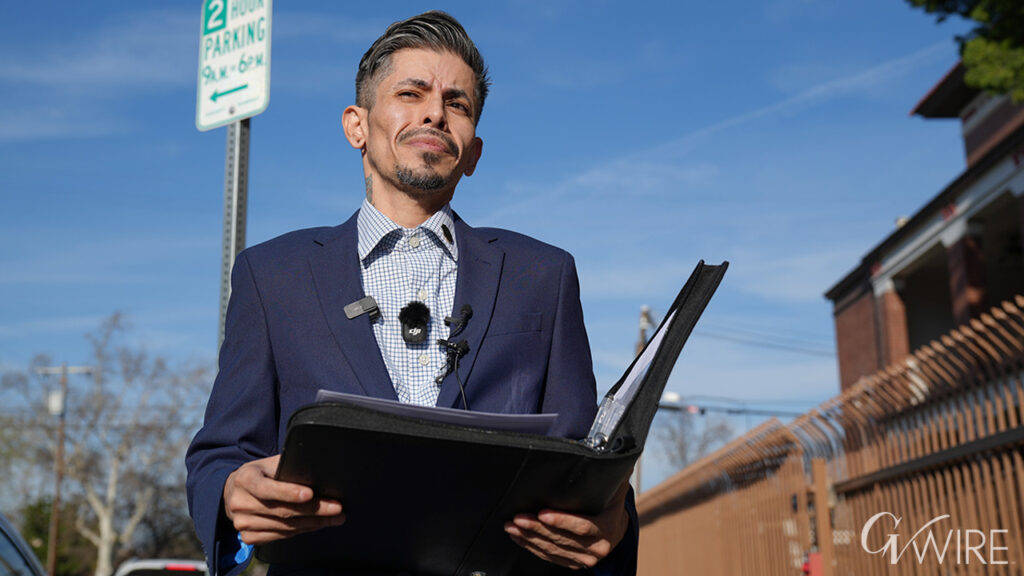Share
The Higher Education Act, first passed in 1965, established financial aid for college-bound students. Over time, lawmakers have changed the HEA’s provisions according to the shifting needs of students and political trends.
For example, the Violent Crime Control and Law Enforcement Act of 1994 amended the HEA to exclude incarcerated students from receiving a specific form of federal student aid known as Pell Grants, which are awarded to students in dire financial need to allow them to pursue higher education.

Opinion
Jesse Kelley
InsideSources.com
The Bureau of Justice Statistics reports that 95 percent of all state prisoners will eventually be released. And of those, 68 percent will be re-arrested within three years. Unfortunately, the inability to find employment due in part to lack of education — which, in turn, makes it more difficult to secure housing — can lead a formerly incarcerated person directly back into a familiar cycle of criminal activity.
Clearly, current prison programming is not as effective as it could be in reducing recidivism rates. However, research is finding that prisoner access to postsecondary education is key to decreasing recidivism.
One study in particular found that earning a postsecondary degree while incarcerated can reduce an individual’s chance of re-arrest by 14 percent and their chance of returning to prison due to a new offense by 24 percent.
Criminal Justice Reform Through the Lens of Educational Reform
Expanding educational opportunities within prisons can also counteract the inherently oppressive nature of detention facilities. We all know prisons can be dehumanizing. Yet education has a transformative power to counteract this dehumanization by changing an incarcerated person’s outlook on life.
Building confidence through learning can boost prisoners’ self-esteem and provide them with the sense of human dignity every person deserves. The more opportunities incarcerated individuals have to participate in such programs, the better chance they have of succeeding once they are released.
Unfortunately, prisoners’ ability to access postsecondary correctional education programs is directly tied to how much money the federal government grants colleges and universities to teach incarcerated students. When the Violent Crime Control Act stripped incarcerated individuals of their Pell Grant eligibility, these programs all but disappeared.
Reinstating federal Pell Grants for prisoners will enable institutions of higher learning to enter prisons, establish learning centers, and ultimately increase postsecondary educational programming.
Discussing criminal justice reform through the lens of educational reform might seem odd at first, but after short study, it is easy to see how increasing access to higher education in prisons can benefit not only incarcerated students preparing for a world beyond bars, but business owners searching for more educated employees and communities seeking increased public safety.
Twenty-five years ago, a now-infamous crime bill helped lay the groundwork for mass incarceration and high recidivism rates. Legislation like the Fair Sentencing Act and the FIRST Step Act took aim at those mistakes. Now, the reauthorization of the HEA presents a new opportunity to correct the misguided policies of our past. Lawmakers should seize it as quickly as possible.
About the Writer
Jesse Kelley is the government affairs and criminal justice and civil liberties manager at the R Street Institute and former criminal defense attorney. She wrote this for InsideSources.com.
[activecampaign form=19]
Categories

Trump Warns Some Americans May Die Amid US Strikes in Iran

















